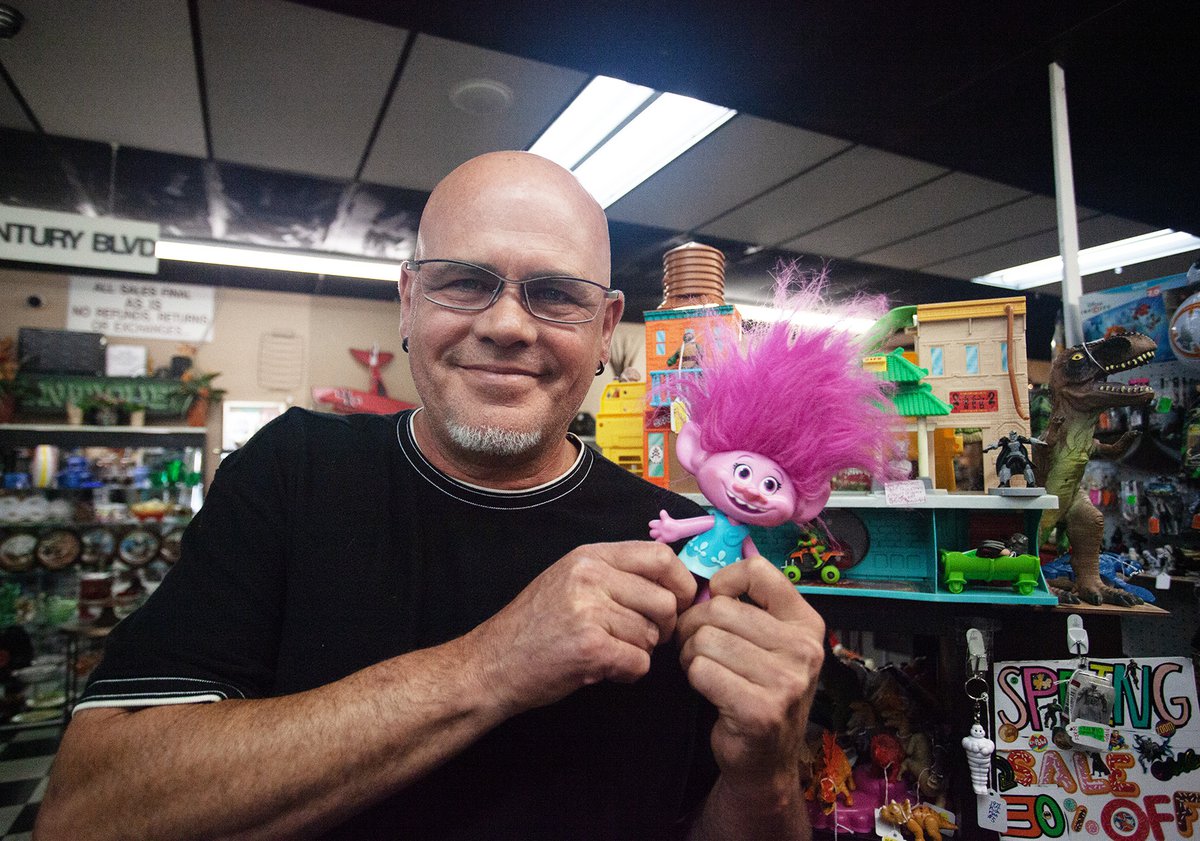In the summer of 2001, if you turned on the radio just long enough to catch a few power chords and some Beatles-worthy harmonies, you might have heard it: a song called “Hello” by a band out of Fort Worth with a name you couldn’t forget.
Sugarbomb.
They had the hooks, the looks, and — for a brief, blinding moment — the full weight of RCA Records behind them. A single climbing the charts. An album recorded at Sunset Sound. A national tour with Cheap Trick. A music video in the works. A million-dollar publishing deal in the pipeline. A release party planned.
And then, fifteen days before Bully, their major-label debut, was set to drop, the world changed on 9/11.
“RCA pulled the video budget. Pulled the touring budget. They were thinking about dropping the band,” says Sugarbomb drummer Michael Harville, who now splits his time between Fort Worth and Tokyo. “Next thing you know, we’d lost our record deal, and I’m sleeping on my buddy’s couch, going, ‘What happened?’”
Sugarbomb was never just a blip in the scene. They were a supernova — five gifted musicians who fused prog-style grandeur with a wink of pop-punk irreverence and the kind of heady ambition that could only come from growing up on Pink Floyd’s The Wall and The Beatles’ White Album. The band was formed in March of 1998, and by the time RCA came knocking, they were already building buzz with their indie debut, Tastes Like Sugar, on Fort Worth–based Rainmaker Records.
They named themselves, Michael says, to reflect their duality: “The sweetness of sugar and the chaos of a bomb. That fits our music and our personalities.”
Fronted by keyboardist-vocalist Les Farrington, Sugarbomb’s lineup included guitarist Daniel Harville (Michael’s younger brother), bassist Kelly Riley, guitarist Greg Bagby, and Michael on drums. All five could sing — and did — trading harmonies like a barbershop quintet that had stumbled into a pop-music dream.
The band recorded Bully in Los Angeles, working with the same producers and A&R team that helped break acts like Vertical Horizon and SR-71. “RCA spent a million and a half dollars on that record,” Michael says of Bully. “We thought we were on the verge.”
But 9/11 sent shockwaves through the entire music industry. Budgets froze. Tours halted. Artists were dropped. Bully hit the shelves on September 26, 2001, to critical praise but little marketing muscle. Sugarbomb, like so many others, was left stranded in the wreckage.
Still, they made a mark. “Hello” ended up on the “Orange County” soundtrack alongside Foo Fighters and The Offspring. The band was invited to the film’s premiere at Grauman’s Chinese Theatre in Hollywood. “They gave us a megaphone,” Michael remembers. “I said, ‘Y’all don’t know who we are, but we’re a band from Fort Worth, Texas, and we’ve got a song in this movie.’ That was a moment. We felt like nothing could stop us.”
But after a flirtation with Lava/Atlantic and one more shot at a third album that fizzled, Sugarbomb quietly dissolved.
But the Harville brothers didn’t stay out of the spotlight for long.
For nearly twenty years, Michael and Daniel have been mainstays of the Dallas–Fort Worth music scene — even if you haven’t always known it was them. Michael fronts The Windbreakers as a smooth-sailing captain belting Christopher Cross tunes, struts through disco sets in Le Freak, channels geek chic in The Spazmatics, and rewinds the ’80s in The M-80s. “We do about a hundred shows a year,” he says. “I perform for thousands of people every week.” Daniel’s been right there with him the whole way.
It’s not the dream Michael originally had in 2001 — it’s better, in some ways. It’s steady. It’s creative. And most importantly, it pays the bills.
But music wasn’t the only detour Michael took. In 2008, he moved to Japan, drawn by a love for the culture and a chance to launch a new version of the themed-band model abroad. He speaks fluent Japanese. “But they didn’t have the infrastructure we have here,” he says. “So I ended up bartending. Then, managing a hostess club. It was wild.”
That odd chapter in Tokyo drew interest from The Wall Street Journal and The Times of London. “They were just like, ‘How did you wind up here doing this crazy stuff?’” The stories never ran, but the experience stuck with him. Today, he and his wife — who’s originally from Japan — own a condo in Nakameguro.“Eventually, I’d like to retire there,” he says. “The food is cheap, the trains are clean, and you don’t need a car.”
Michael also runs a land development business on the side, flips houses when he’s not on stage, and jokes that it keeps him “from driving his wife crazy.”
But for all the roads he’s traveled — literal and musical — Sugarbomb still lingers. In late-night conversations. In hazy memories. In grainy YouTube uploads and old fan sites that haven’t been updated in years.
And lately, there’s been talk. Real talk. About a reunion.
Nothing’s confirmed yet. No dates. No contracts. But the bandmates are talking again. Ideas are floating. Possibilities are being weighed.
“I feel validated. I guess that’s a big thing,” Michael says about being in the music business. “I think for entertainers or artists, you want people to recognize you as a real artist. Everybody suffers from impostor syndrome… but I’ve had a career. I still have one. And I’m happy with where it’s taken me.”
